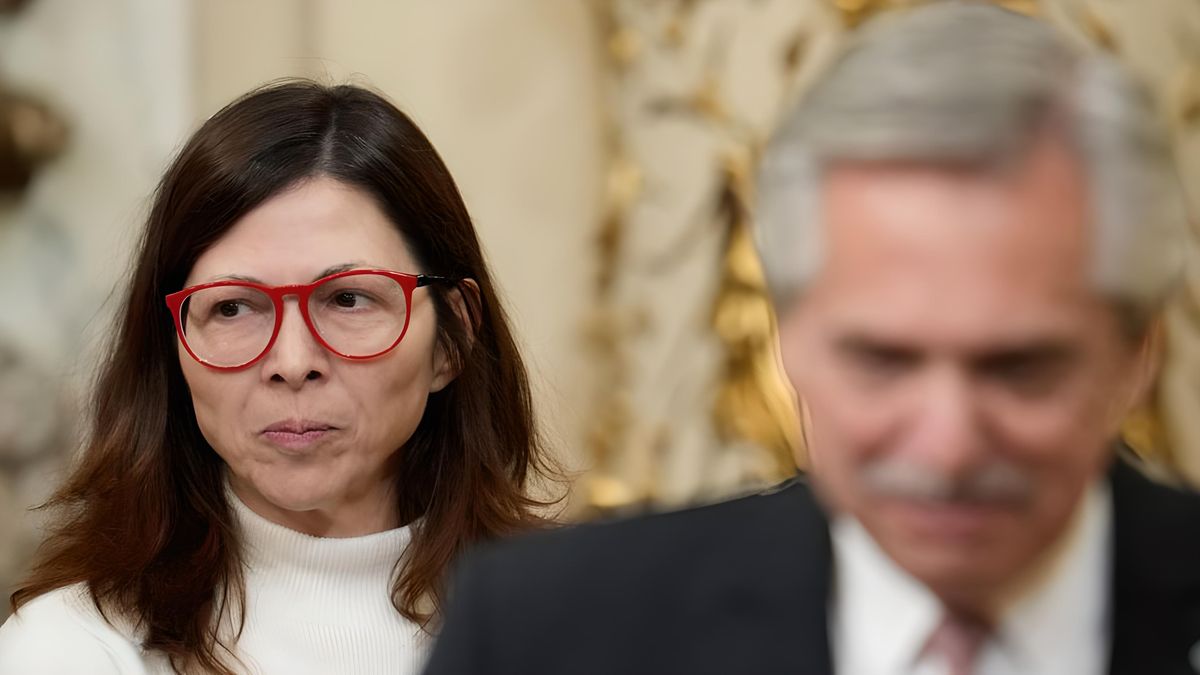Gramercy and Fintech thus repeat the role they played in the debt restructuring process undertaken by Martín Guzmán in the first half of 2020 and which ended with the debt renegotiation agreement at that time, when the former Minister of Economy finished conquering the official hearts. The two funds became the main interlocutors with the rest of the debt holding houses, holding them in particular holdings for 15% of the total liabilities to be discussed.
Before, in 2010, they had also played a similar role. Both Gramercy and Fintech had not entered into the original swap (the one launched by Roberto Lavagna as minister of Néstor Kirchner), threatening to join the litigants against the country, who at that time recruited Paul Singer’s Elliott Fund and the EM Dart by Kenneth Dart. However, by the beginning of 2010, they had become the best interlocutors that Argentina had in the bondholder market still in default, and together with the Palacio de Hacienda they designed the debt reopening offer that brought the final acceptance to 93%. Then, the remaining 7% would advance in the “trial of the century” against the country, a lawsuit that Argentina would lose against the vulture funds led by Singer. In that case, both Gramercy and Fintech maintained their role as allies of the Government of Cristina Fernández de Kirchner against Singer and the rest of the plaintiffs, to the point of presenting themselves as “friends of Argentina”, publicly declaring before Judge Thomas Griesa in favor of the local position and against the claim of the vulture funds.
The alliance with the last Kirchnerist government was so solid that it reached a joint presentation in December 2012 before the Supreme Court of the United States under the group “non party appellants” (also made up of the Federal Reserve and the North American Government), to that Argentina’s position be heard in those final stages of the trial against the vulture funds. Finally, the story is known. The highest US court ruled against the country, the case was lost and only in April 2016, with the government of Mauricio Macri at its beginning, the country was able to reach an agreement with those belligerent creditors, upon payment of some US$9 .000 million.
The good relationship between Gramercy and Fintech with the current ruling party remained solid over the years. Gramercy participated in the purchase operations of the lawsuits that multinational companies, especially of North American origin, maintained against Argentina before the ICSID, at more than low prices. In October 2013, an agreement was reached with the country by which the Executive promised to close several of these cases before the international court, liquidating the processes opened by the cases of Vivendi Universal (Aguas de Aconquija) and Azurix (Agua Potable de the Province of Buenos Aires). For its part, Fintech, owned by Mexican tycoon David Martínez, maintains a more than solid almost direct relationship with several of the main referents of Kirchnerism, and since Alberto Fernández came to power he became one of the direct and indirect spokesmen for the international (and national) financial world with the Government. Its main asset in the country is being one of Telecom’s partners (along with Clarín and the Argentine State through the FGS of ANSES).
Source: Ambito
David William is a talented author who has made a name for himself in the world of writing. He is a professional author who writes on a wide range of topics, from general interest to opinion news. David is currently working as a writer at 24 hours worlds where he brings his unique perspective and in-depth research to his articles, making them both informative and engaging.




